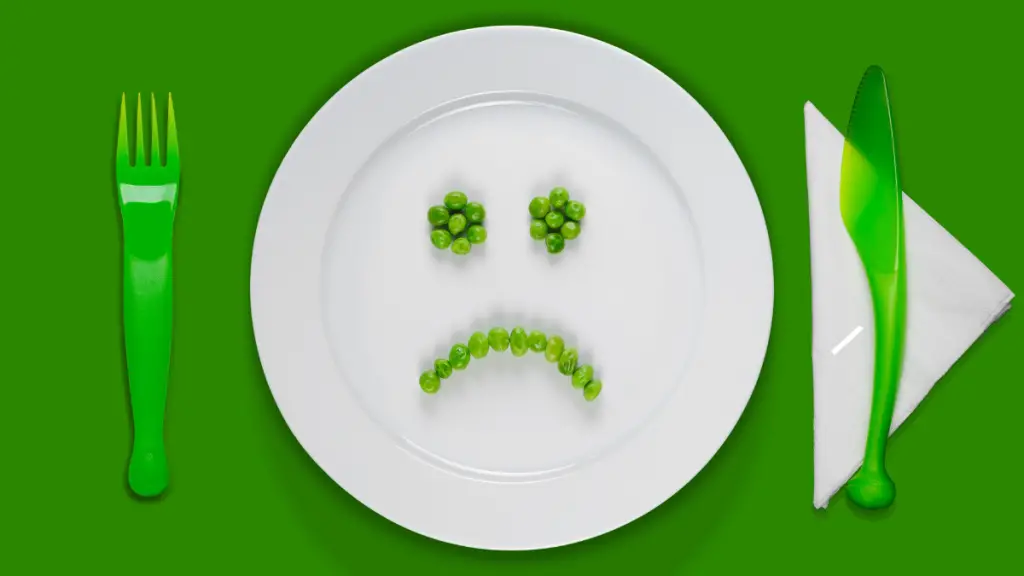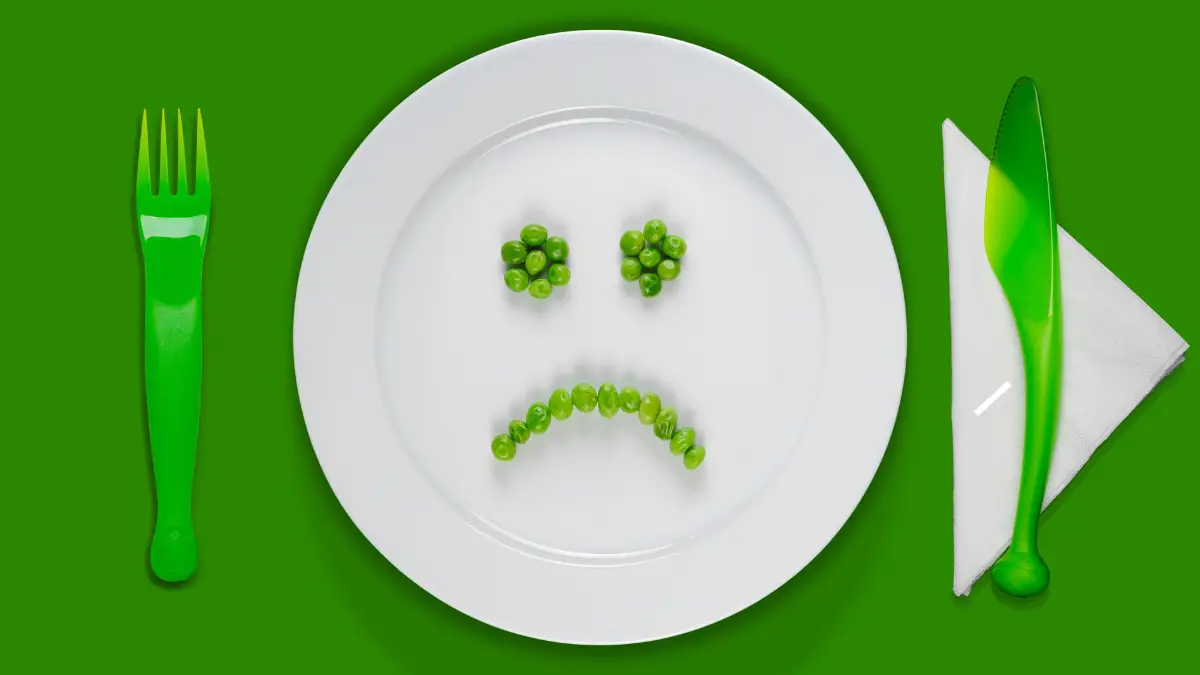For years, fad diets have divided opinion like no other. The majority of people jumping on these trendy eating plans are hoping to lose weight, but others do it to reduce bloating, manage chronic illnesses, or even out of curiosity. While some swear by their life-changing results, others passionately warn against them, claiming they’re dangerous or unsustainable. So, what’s the deal? Should you try one? What if it works for you? And more importantly, how do you dive in without setting unrealistic expectations—or pushing yourself to unhealthy extremes?
Let’s break it all down.
What Exactly Is a Fad Diet?
A fad diet is any eating plan that promises quick results, often with strict food rules. You’ve probably heard of keto, paleo, Atkins, juice cleanses, alkaline diet, intermittent fasting, Mediterranean diet, and the cabbage soup diet.
These diets gain massive popularity, usually through social media or celebrity endorsements, but they often fade just as fast.
Why? Because most of them promise more than they can realistically deliver. They tell you that cutting out carbs, eating only raw foods, or surviving on lemon water will completely transform your body. But is that really how nutrition works?
Not exactly.
Why Do People Still Try Them?
Despite the warnings from dietitians, fad diets continue to attract millions of followers. Here’s why:
- The promise of quick results: Who doesn’t want to lose 10 pounds in a week? Even if it sounds extreme, it’s tempting.
- Simplicity: Most fad diets give clear, easy-to-follow rules. No calorie counting, no portion control—just eat (or don’t eat) what they tell you.
- Success stories: Seeing before-and-after pictures of people who claim to have lost weight or cured their bloating can make it seem worth trying.
- The desperation factor: Many people struggling with weight loss or health issues feel like they’ve tried everything. A new diet feels like a fresh start.
But the big question is—do they work?

The Potential Benefits (Yes, There Are Some!)
While fad diets get a bad reputation, some of them aren’t entirely useless. Certain aspects of these diets can offer benefits, including:
- Encouraging healthier eating habits: Diets like paleo and Whole30 emphasize whole, unprocessed foods, which is generally a good thing.
- Short-term weight loss: Many fad diets lead to fast weight loss, mainly because they exclude certain food groups or drastically reduce calorie intake.
- Increased awareness of food choices: Even if the diet is flawed, it can make people pay more attention to what they eat.
However, these benefits usually come with some serious drawbacks.
The Risks You Shouldn’t Ignore
Most nutrition experts agree that fad diets aren’t a sustainable way to stay healthy. Here’s why:
- Extreme restrictions can backfire. Cutting out entire food groups (like carbs or fats) can lead to nutrient deficiencies. You might lose weight, but you could also lose essential vitamins and minerals.
- The weight often comes back. Many people lose weight on a fad diet but gain it all back once they return to normal eating. This cycle can be frustrating and even harmful.
- They can mess with your metabolism. Rapid weight loss from extreme dieting can slow down your metabolism, making it harder to keep the weight off in the long run.
- Not all fad diets are safe. Some can be downright dangerous. Juice cleanses, for example, can cause blood sugar imbalances, and extremely low-carb diets may lead to fatigue, dizziness, or digestive issues.
- They can create an unhealthy relationship with food. Strict rules around eating can lead to guilt, obsession, or even disordered eating patterns.
So, what’s the smarter way to approach it?
How to Try a Trendy Diet Without Harming Yourself
If you’re still curious about trying a popular diet, here are some ways to do it safely:
- Do your research: Not all fad diets are created equal. Some have more scientific backing than others. Look for research, not just testimonials.
- Listen to your body: If a diet makes you feel weak, moody, or constantly hungry, it’s probably not a good fit.
- Avoid extremes. Be cautious if a diet tells you to eat only one type of food, cut out entire food groups, or promise instant results, be cautious.
- Think long-term: Ask yourself: Can I realistically stick to this for months or years? If not, it’s probably not worth the effort.
- Get professional advice: If you have underlying health conditions or aren’t sure if a diet is right for you, talk to a doctor or dietitian.
Why Seeking Professional Advice Matters
With so much conflicting information about diets, it’s easy to get lost in the hype. A nutritionist or doctor can help you separate fact from fiction, ensuring that your chosen diet is safe and suited to your individual needs.
More importantly, if you have any medical conditions—such as diabetes, high blood pressure, or digestive disorders—these professionals can modify the diet to work for you, rather than against you. For example, someone with diabetes may need a low-carb approach tailored to prevent blood sugar spikes, while a person with kidney disease may need to limit protein intake.
Instead of relying on internet trends or celebrity endorsements, getting expert advice can save you from potential health risks and help you achieve your goals in a sustainable way.
So, Should You Try One?
There’s no one-size-fits-all answer. Some people feel great on certain diets, while others struggle. The key is to approach it with a balanced mindset.
If a diet encourages healthy habits, provides enough nutrients, and makes you feel good, it might be worth experimenting with. But if it’s extreme, makes unrealistic promises, or leaves you feeling worse, it’s probably not the best idea.
Ultimately, the best “diet” isn’t a diet at all—it’s a lifestyle. Eating balanced, nutritious meals that you enjoy (without obsessing over food rules) is the most sustainable way to stay healthy.
So before you jump on the next diet trend, ask yourself: Are you looking for a short-term fix or a long-term solution?
The answer might just change the way you eat forever.






